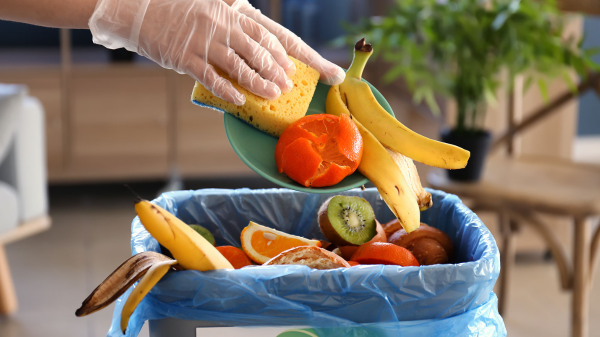Researchers at the University of British Columbia at Okanagan (UBCO) are working on technology to cut back on food waste while providing sustainable energy: using fruit waste to generate electricity. UBCO researchers aim to energize fruit waste – UBC Okanagan News
It’s not just a matter of burning the waste to turn a generator or even processing it into fuel. It’s much more sophisticated, using microbial fuel cells.
The process converts fruit waste into electricity by using an anaerobic anode compartment, where electroactive microbes convert organic matter into energy. These organisms feed on the waste, releasing electrons and protons, which combine with oxygen to produce water, generating bioelectricity.
“Carbohydrates are first degraded into soluble sugars and smaller molecules such as acetate, which is then consumed by electroactive bacteria to produce electricity in the process of electrogenesis,” comments UBCO researcher Dr. Hirra Zafar.
The process works best when the waste is separated and ground into small bits.
Because of individual biochemical characteristics, different types of fruits provide different results when processed through microbial fuel cells, according to Zahar.
Microbial fuel generation is still very much in the developmental stage, Zahar concedes, adding, “At this point, the voltage remains low, but I am excited to investigate how to improve their power output and apply these practices on a commercial scale.”
This technology helps solve two problems, Zahar observes: it uses food waste and generates clean, sustainable energy.
The study was published in Bioresource Technology. A comparison of reactor configuration using a fruit waste fed two-stage anaerobic up-flow leachate reactor microbial fuel cell and a single-stage microbial fuel cell – ScienceDirect



